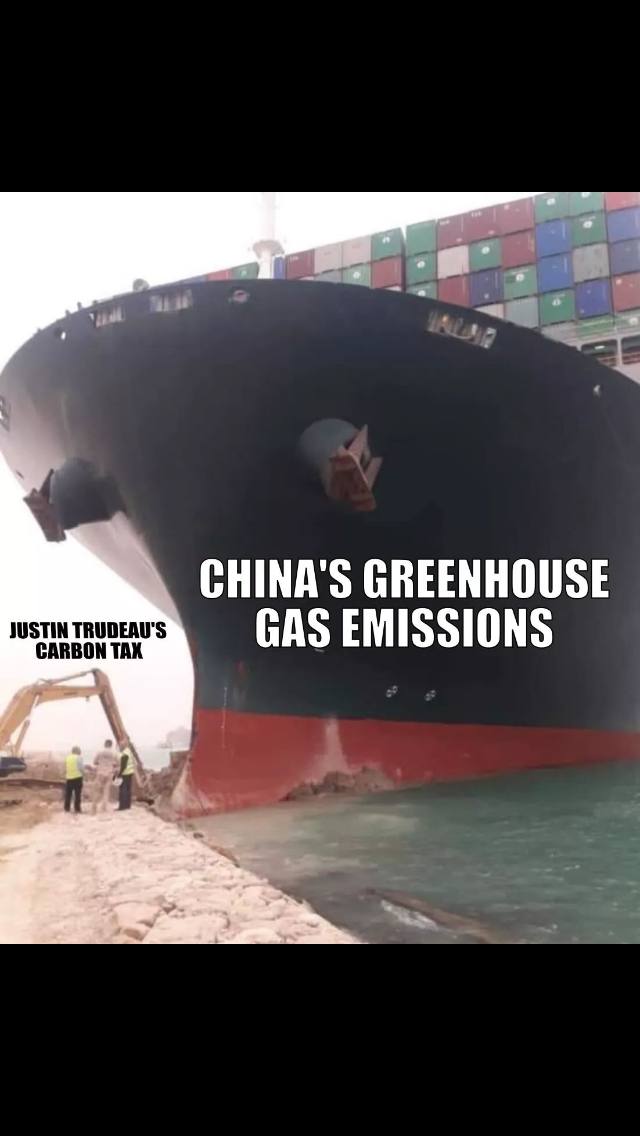Originally posted by dmlfarmer
View Post
Anyway, they can now have front row seats to the constitutional crisis they just kicked off.

Comment